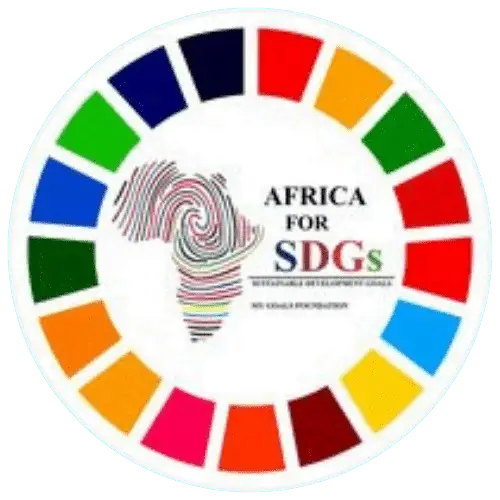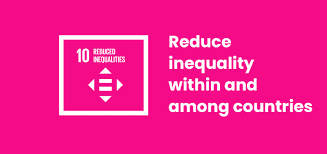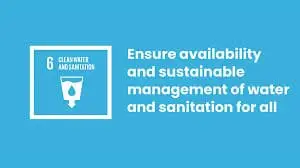The tenth Sustainable Development Goal (SDG 10) focuses on reducing inequality within and among countries. Inequality affects social stability, economic growth, and overall development. Addressing inequalities is essential for building inclusive societies and ensuring that everyone has the opportunity to contribute to and benefit from progress.
Understanding Reduced Inequalities
Reducing inequalities involves addressing disparities in income, wealth, and opportunities among different groups and regions. It encompasses efforts to ensure that all individuals have access to resources, opportunities, and social services, regardless of their background. This goal aims to create a more equitable and just world by addressing systemic and structural inequalities.
Key Targets of SDG 10
- Reduce Income Inequality: By 2030, reduce the proportion of people living in poverty in all its dimensions according to national definitions and reduce income inequality among and within countries.
- Promote Social, Economic, and Political Inclusion: Ensure equal opportunities and reduce disparities in income and wealth, focusing on marginalized and disadvantaged groups.
- Empower and Promote Marginalized Groups: Empower and promote the social, economic, and political inclusion of all, regardless of age, gender, disability, ethnicity, or other status.
- Achieve Progressive Taxation: Achieve progressively equitable income taxation, including through measures to ensure that the poorest segments of society are not overburdened.
- Ensure Fair Trade: Ensure that trade and financial systems are fair and inclusive, and that all countries can benefit from global economic opportunities.
- Support Developing Countries: Encourage development assistance and foreign direct investment to regions where the need is greatest, particularly least developed countries and landlocked countries.
Strategies for Achieving SDG 10
- Implement Inclusive Policies: Develop and implement policies that address income and wealth disparities, and promote social inclusion and equal opportunities.
- Promote Fair Labor Practices: Ensure fair wages, safe working conditions, and labor rights for all workers, particularly in vulnerable and informal sectors.
- Enhance Social Protection Systems: Strengthen social protection systems to support disadvantaged and marginalized populations, including access to education, healthcare, and social services.
- Support Economic Opportunities: Provide support for entrepreneurship, job creation, and economic opportunities in underdeveloped and disadvantaged regions.
- Advocate for Fair Trade Practices: Promote fair trade practices and policies that ensure equitable benefits from global trade and economic activities.
The Importance of SDG 10 in the 2030 Agenda
SDG 10 is crucial for fostering a more inclusive and equitable world. Reducing inequalities enhances social cohesion, economic stability, and overall well-being. By addressing disparities and ensuring equal opportunities, we can build a society where everyone can contribute to and benefit from sustainable development.




